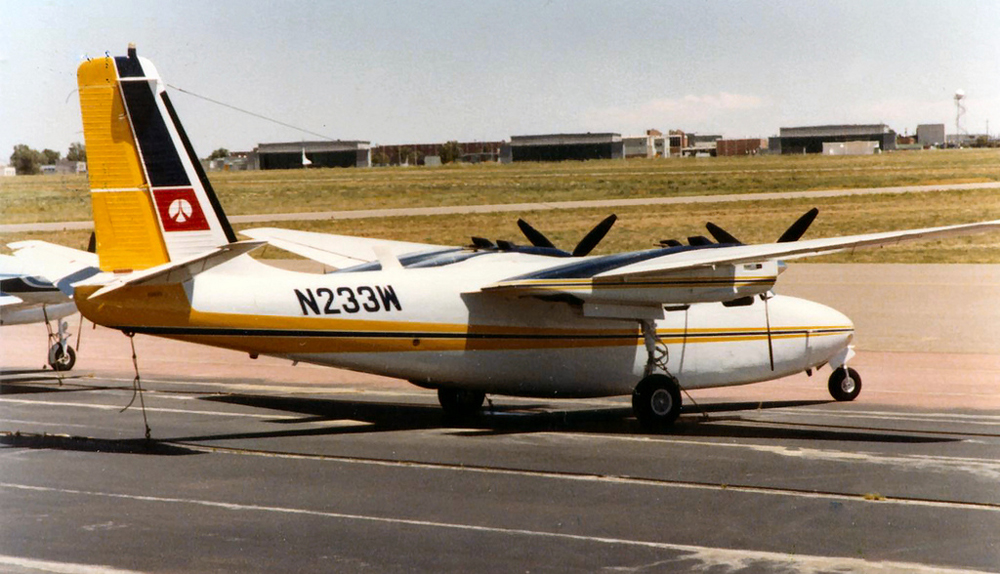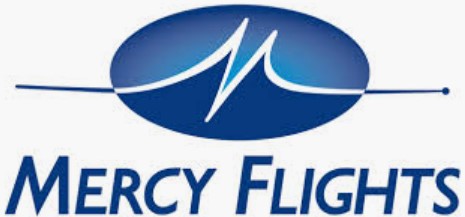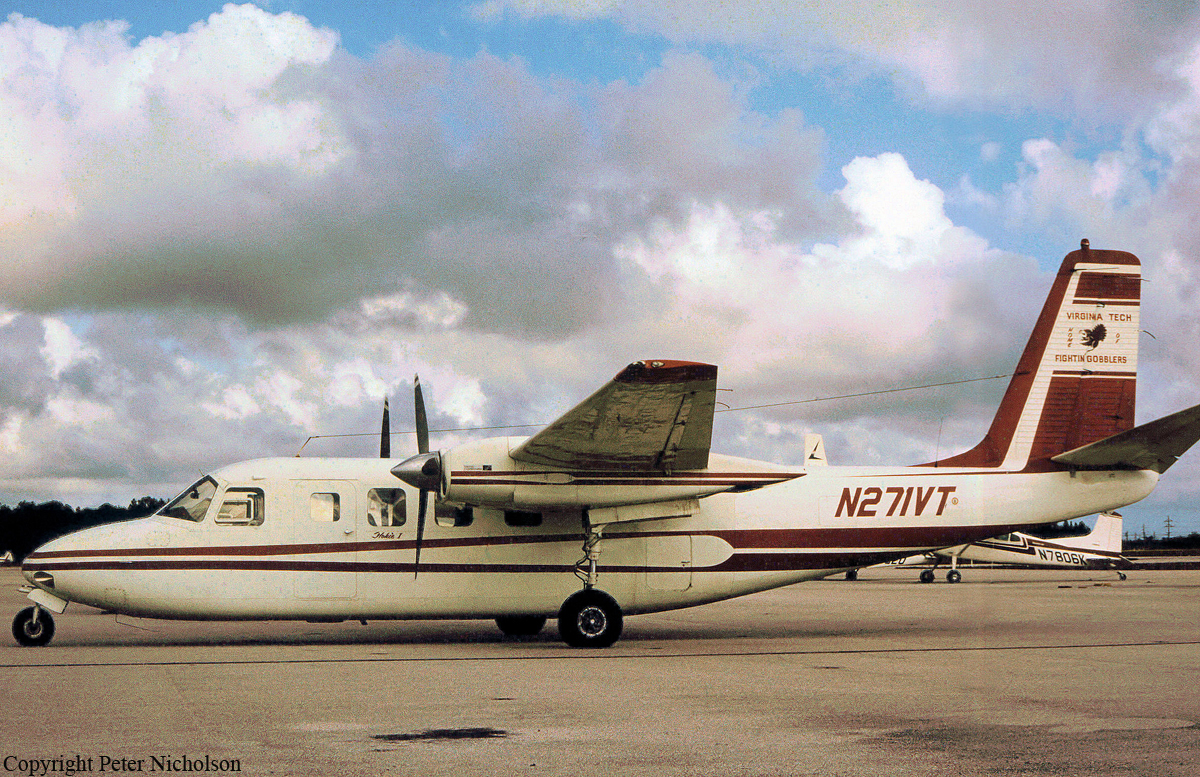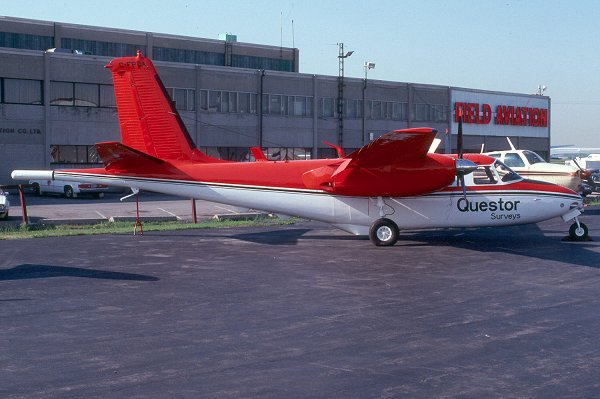Crash of a Rockwell Grand Commander 680F in Medford: 4 killed
Date & Time:
Feb 9, 1985 at 1248 LT
Registration:
N233W
Survivors:
No
Schedule:
Gold Beach - Medford
MSN:
680-1284-129
YOM:
1963
Crew on board:
1
Crew fatalities:
Pax on board:
3
Pax fatalities:
Other fatalities:
Total fatalities:
4
Captain / Total hours on type:
25.00
Aircraft flight hours:
3535
Circumstances:
The pilot reported a loss of power on both engines during descent to land. Approximately 3 minutes prior, tower gave pilot option of 'straight-in' to runway 14 or regular pattern to runway 32. The pilot hesitated and said 'just a minute' and tower offered wind info as '210 at 13.' Pilot replied, 'kay.' Approximately 1 minute later pilot said '33W will make a left base for 14.' Tower cleared him and declared visual contact. Pilot acknowledged '3 whiskey.' One minute and 54 seconds later, pilot declared power loss and emergency. Tower rogered. Seven seconds later, pilot said 'gonna hit it' followed 2 seconds later with an unintelligible comment. Witnesses saw the aircraft gliding wings level toward runway when a loud 'rev' was heard, the aircraft pitched up and rolled left to an inverted position before ground contact and explosion. Post accident investigation did not disclose any engine or fuel system malfunction. This aircraft had experienced a power loss after descending from 15,500 to 12,000 feet msl on 2/2/85 with the same pilot as reported by the copilot on that flight. After approximately 1 1/2 minutes power was restored. All four occupants were killed.
Probable cause:
Occurrence #1: loss of engine power
Phase of operation: approach - vfr pattern - base leg/base to final
Findings
1. (c) procedures/directives - not followed - pilot in command
2. (c) performance data - not understood - pilot in command
3. (c) remedial action - not understood - pilot in command
4. (c) improper use of equipment/aircraft - pilot in command
5. (f) anxiety/apprehension - pilot in command
6. (f) acft/equip, inadequate aircraft manuals - manufacturer
7. (f) fuel system - undetermined
----------
Occurrence #2: forced landing
Phase of operation: descent - emergency
Findings
8. (c) emergency procedure - misjudged - pilot in command
----------
Occurrence #3: loss of control - in flight
Phase of operation: approach - vfr pattern - final approach
Findings
9. (c) airspeed(vmc) - not maintained - pilot in command
10. (c) directional control - not maintained - pilot in command
11. (c) throttle/power control - not corrected - pilot in command
12. (c) maneuver - uncontrolled - pilot in command
----------
Occurrence #4: in flight collision with terrain/water
Phase of operation: descent - uncontrolled
Findings
13. Terrain condition - open field
Phase of operation: approach - vfr pattern - base leg/base to final
Findings
1. (c) procedures/directives - not followed - pilot in command
2. (c) performance data - not understood - pilot in command
3. (c) remedial action - not understood - pilot in command
4. (c) improper use of equipment/aircraft - pilot in command
5. (f) anxiety/apprehension - pilot in command
6. (f) acft/equip, inadequate aircraft manuals - manufacturer
7. (f) fuel system - undetermined
----------
Occurrence #2: forced landing
Phase of operation: descent - emergency
Findings
8. (c) emergency procedure - misjudged - pilot in command
----------
Occurrence #3: loss of control - in flight
Phase of operation: approach - vfr pattern - final approach
Findings
9. (c) airspeed(vmc) - not maintained - pilot in command
10. (c) directional control - not maintained - pilot in command
11. (c) throttle/power control - not corrected - pilot in command
12. (c) maneuver - uncontrolled - pilot in command
----------
Occurrence #4: in flight collision with terrain/water
Phase of operation: descent - uncontrolled
Findings
13. Terrain condition - open field
Final Report:





